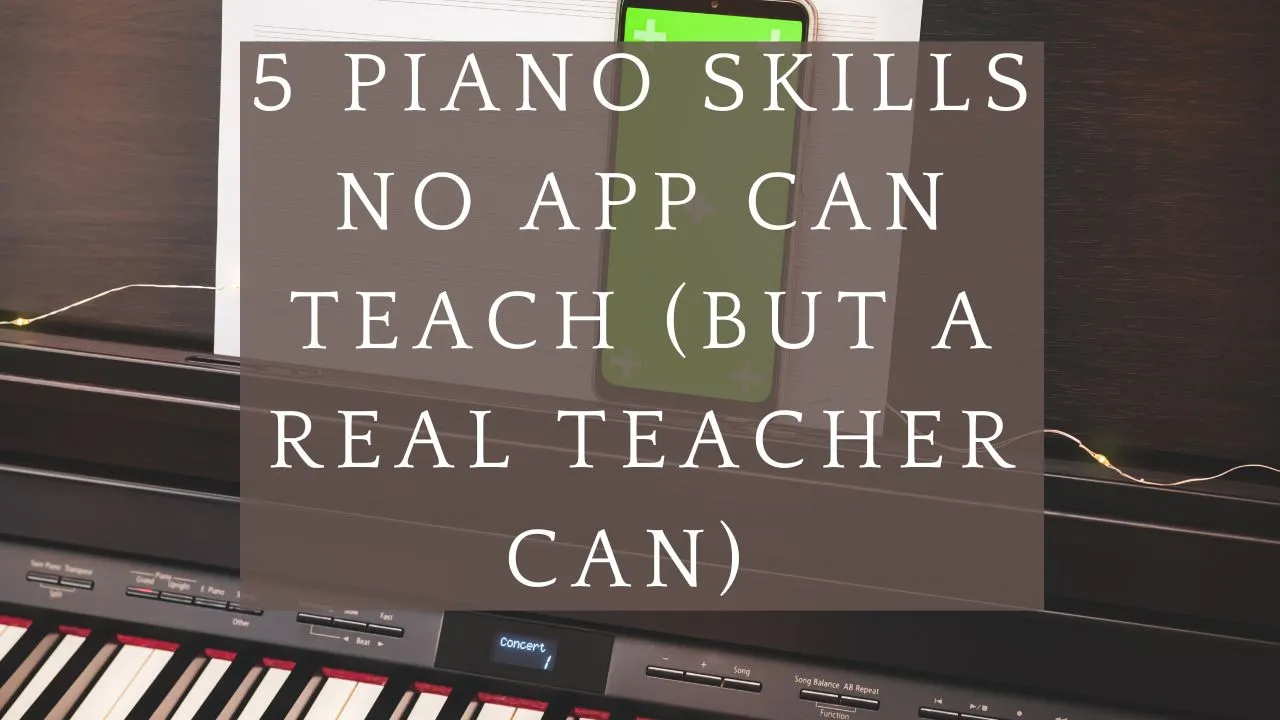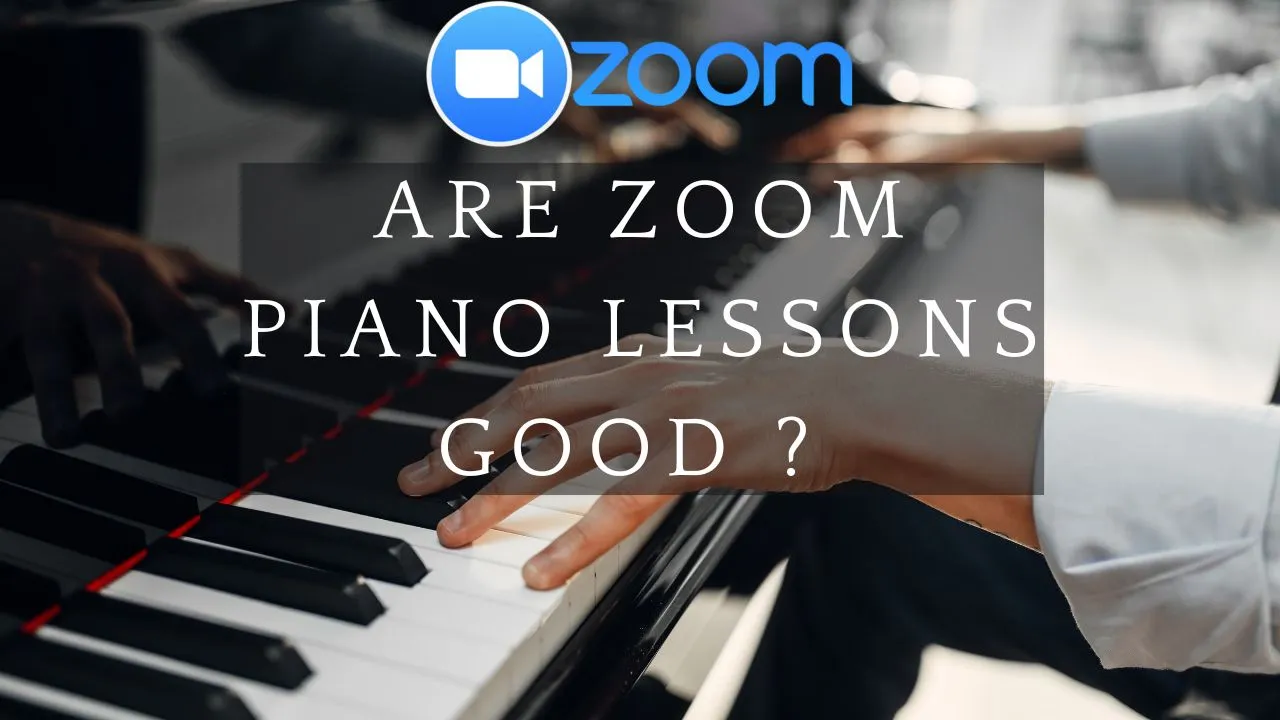If you’ve ever found yourself wondering whether piano lessons are truly worth the time, effort, and money, you’re not alone. With so many extracurriculars and hobbies vying for our attention these days, it’s a fair question to ask.
But here’s the truth: when approached thoughtfully and with the right support, piano lessons can be one of the most rewarding investments a person can make.
From cognitive and academic advantages to emotional fulfilment and social enrichment, the benefits go far beyond simply learning to play an instrument. So, are piano lessons worth it? Absolutely!! Let’s dig into why.
Cognitive and Intellectual Benefits
Enhanced Memory and Brain Function
Piano playing is more than a musical endeavour—it’s a full brain workout. Studies show that children who learn piano have significantly stronger verbal memory and can retain up to 20% more vocabulary than their non-musical peers. Beyond childhood, this memory boost continues into adulthood, helping with everything from public speaking to daily productivity. It doesn’t stop there: playing piano lights up the parts of the brain responsible for spatial reasoning and mathematical thinking. And for older adults, it can even help slow cognitive decline and reverse hearing loss linked with age.
Academic Performance and Intelligence
Learning piano develops executive function skills: planning, multitasking, and focusing—all essential tools for academic success. There’s compelling evidence showing that musical training improves attention span and enhances performance in subjects like maths and science. Some studies even report increases in IQ by as much as seven points. That’s not just impressive—it’s life-changing.
Physical and Health Benefits
Fine Motor Skills and Coordination
The physical perks of piano are often underestimated. For young children especially, the intricate finger movements involved in playing piano fine-tune motor coordination and strengthen hand-eye connection. These developments support physical dexterity not just in music, but in sports and everyday tasks as well.
Health and Wellness
Surprisingly, piano playing also supports general wellness. It’s been shown to reduce anxiety, slow heart rates, and even lower blood pressure. For older adults, it can increase Human Growth Hormone levels, which is known to combat age-related issues. In short, piano lessons aren’t just good for the soul—they’re good for the body too.
Emotional and Social Development
Expression and Emotional Intelligence
The piano offers a powerful emotional outlet, allowing players of all ages to express feelings that words can’t quite reach. This act of expression builds emotional intelligence, resilience, and patience. Students often find that practising piano not only makes them better musicians, but also calmer, more focused individuals.
Social Opportunities
Contrary to its reputation as a solo instrument, the piano opens up numerous social opportunities. Pianists can perform solo or collaborate with singers, ensembles, and orchestras. They’re in high demand as accompanists, and often become central figures in musical communities. The instrument’s versatility means it fits easily into all sorts of musical contexts—and social ones too.

Cost Considerations: Are Piano Lessons Worth the Investment?
Typical Pricing Structures
Factors Affecting Cost
Value Assessment
So, is it worth it? In a word: yes. The cognitive, emotional, physical, and social benefits create lifelong returns that go far beyond playing scales. When seen as an investment in personal development, rather than just a musical hobby, piano lessons can be an excellent value for money.
Traditional vs. Online Learning Approaches
Traditional In-Person Lessons
In-person lessons offer direct feedback and hands-on support that for less experienced teachers, can be a challenge online. Teachers can physically correct posture, guide hand positions, and adapt lessons in real time. For many learners, this face-to-face accountability is key to steady progress.
Online Piano Lessons
On the other hand, online lessons are convenient, flexible, and increasingly high-quality. They eliminate travel time and allow access to top teachers from anywhere in the world. However, technical glitches and the inability to physically demonstrate certain techniques can be drawbacks. It really depends on the learner’s needs, learning style, environment, and most importantly, the experience of the teacher. That said, the benefits of online piano lessons cannot be underestimated.
Age-Specific Considerations
Children and Piano Lessons
Children gain lifelong skills through piano playing: discipline, patience, and a love of music. However, timing is important. Most children are ready for structured piano lessons around age five or six, when they have the attention span and motor skills to make the most of them.
Adults and Piano Lessons
It is absolutely never too late to start. Adults benefit from improved brain function, reduced stress, and the pure joy of learning something new. For older learners, piano lessons can provide cognitive stimulation and emotional satisfaction that enrich retirement and beyond.
Potential Drawbacks and Limitations
Motivation and Interest
Piano lessons are most effective when the student is genuinely interested. Forcing lessons on an unwilling child can backfire, leading to resentment and wasted resources. Enthusiasm and readiness are essential ingredients.
Expectations and Approach
Unrealistic expectations can also be a pitfall. Not every student wants to become a concert pianist—and that’s okay. A flexible, individualised approach that balances structure with creativity tends to work best. Piano lessons should be an inspiring journey, not a pressured race.
Conclusion
So, are piano lessons worth it? Absolutely—but like any worthwhile pursuit, they require the right mindset and approach. The benefits reach well beyond the music, offering lifelong gains in brain function, emotional health, social confidence, and personal satisfaction. Whether you’re five or fifty-five, learning piano can be one of the most enriching experiences you embark on. When tailored to the individual and taught with care, piano education offers a return on investment that few other activities can rival.
In the end, piano lessons are not just about learning to play an instrument. They’re about unlocking human potential, one note at a time.
🎹 Still wondering if piano lessons are worth the time and investment? Book a free consultation to see how personalised online lessons can unlock your musical potential and make every practice count.
Interested in online piano lessons?
FAQS
1. Are piano lessons really worth the money?
Yes—wholeheartedly! While lessons do require a financial commitment, the lifelong benefits to brain function, emotional wellbeing, and personal growth make it an incredibly worthwhile investment. Think of it as more than just learning an instrument—it’s a gift that keeps on giving.
2. What age is best to start piano lessons?
Most children are ready around age five or six, once they’ve developed the attention span and coordination needed. That said, there’s truly no upper limit—adults of any age can jump in and reap all the brilliant benefits too.
3. Do online piano lessons actually work?
They absolutely can! Online lessons are wonderfully flexible and offer access to talented teachers no matter where you live. While they don’t offer quite the same hands-on help as in-person sessions, many students find them just as effective—with the added bonus of learning in their own cosy space.
4. Will piano lessons help with other areas of life?
They do more than help—they supercharge! From sharper memory and better academic performance to lower stress and improved coordination, piano lessons support both mind and body in marvellous ways.
5. What if my child loses interest in piano lessons?
It’s perfectly normal for interest to ebb and flow. The key is finding the right teacher and approach—someone who can spark curiosity and tailor lessons to suit your child’s pace and personality. A little encouragement and flexibility can work wonders.





